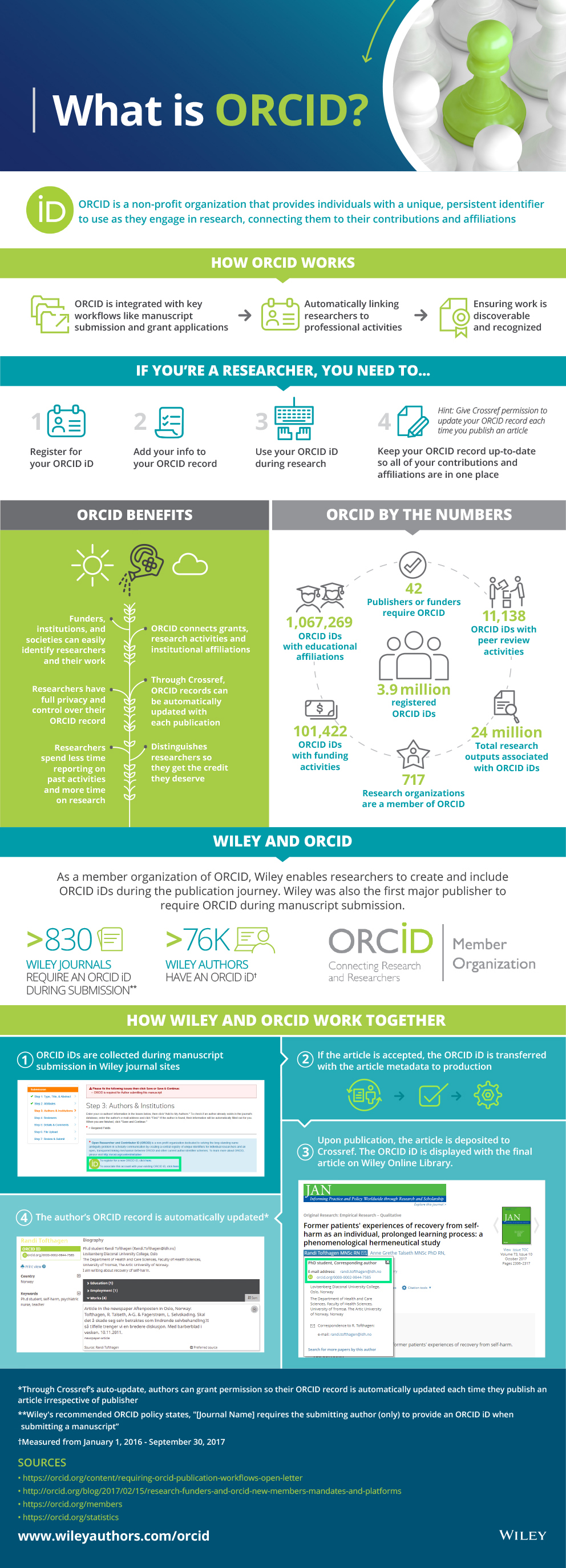how-do-you-get-your-paper-in-front-of-the-right-reviewer
July 14, 2016
Perhaps peer review is like democracy: the worst system, apart from all the others. As an early career researcher, the review process can often feel like a lottery, with the same paper receiving high praise from one reviewer and scathing criticism from another. Sometimes it feels like it matters more who reviews your paper than what you’ve put in it. Unfortunately for the author, but fortunately for science in general, we don’t get to pick our reviewers. I’ve put together some tips that I’ve learned during my publishing career so far, none of which will make up for shoddy work or uninspiring ideas, but at the margins they might just help your paper get the review it deserves.
Pitch to the right audience
Typically reviewers are selected because they have expertise in a particular aspect of a paper, but it is unlikely that they will be experts in every aspect of the research. This is particularly true for research that is innovative and brings together multiple techniques and ideas from different fields. Making sure that the emphasis of the paper fits with the community you are trying to target will steer the editor to appoint reviewers from those areas. Editors often have little time to assign reviewers to a paper and may make their decisions based on the focus placed in the title, covering letter, keywords and abstract. Ensuring that these aspects fit the description of the reviewers (and hopefully audience) you are trying to reach will again improve your chances of getting a reviewer who at least understands what you are trying to achieve.
Get connected
When you shop in a supermarket you are more likely to trust the brands that you recognize. The same is true with researchers. Reviewers have a remit to be as objective as possible, but publicizing your work at conferences and building networks within your community can help build visibility and understanding for your research. Cultivating a broad network of peers who are familiar with you and your work means that (hopefully) you will get reviewers who start off with a positive impression of your work and an understanding of your previous achievements and broader vision.
Suggest suitable reviewers
Some journals ask authors to suggest researchers who would be suitable to review their work and allow you to exclude people where there is a conflict of interest. Conflicts of interest arise when the reviewer stands to gain from publication of the paper or where they are likely to be unduly biased by a personal connection. Researchers at the same institution or with whom you have recently collaborated or have a close personal connection should not be put forward and anyone with a financial interest in the outcome of the paper should be declared. It is acceptable to ask editors to exclude groups who are in direct competition with you or with whom you have a personal conflict. For early career researchers this can often mean everyone they know who might be relevant is excluded for one reason or another. Taking time to look in the literature and speak to more senior colleagues about who would be good to suggest means the editor at least has the choice to select one of your preferred reviewers.
Cite the right work
Obviously, no academic would be swayed by the prospect of gaining citations by recommending a paper be accepted. However, if someone’s work wasn’t relevant enough to your paper to justify referencing them, they are a less obvious person for an editor to select. If the editor does pick reviewers whose work you’ve cited, the reviewer has at least some investment in the outcome of the paper. Of course, if the editor doesn’t pick your chosen reviewer, then one of their competitors may wonder why you’ve chosen to focus so much on another person’s work ... and will probably suggest some appropriate citations of their own to balance things out. In the end, those you’ve cited (and those you chose not to) may end up as your reviewers so make sure you have a good spread of relevant references from leading researchers in the area.
Know thine editor
Ultimately, the editors have more power than the reviewers in deciding whether or not an article gets published. Taking the time to format a paper according to the editorial guidelines shows the editor you are committed to publishing in their journal and implies less work for them. Building a relationship with editors by introducing yourself at conferences, being prompt and courteous in your correspondence and accepting the odd invitation to be a reviewer yourself can’t hurt either!
Image credit: zentilia/iStockphoto











